Concealment of income is a serious crime. In Russia, it is quite common. Someone intentionally takes such an act, and some become victims of the situation. In any case, this or that punishment will have to be borne. But which one? What should a taxpayer be afraid of if he has not informed tax organizations about his income? It all depends on the situation. What are the scenarios?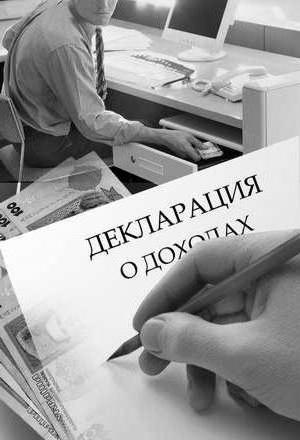
About the concept
First you have to figure out what the tax authorities consider income hiding. Only then will it be possible to study the sanctions for the crime.
A similar term is used to characterize a deliberate distortion of reality in relation to the profit received by an individual or legal entity, as well as a decrease in the tax base without legal grounds. In addition, the concealment of profits can be understood as the complete absence of alerts about received funds.
Concealment of tax income from individuals is often understood as:
- conducting illegal business activities;
- failure to submit a tax return on time.
What should be afraid in this or that case? The answer will be given below. But it’s impossible to say exactly what sanctions will be applied to a person.
Types of Responsibility
Responsibility for concealing income in Russia varies. Much depends on the circumstances in which the violation occurred, as well as on the amount hidden from the Federal Tax Service.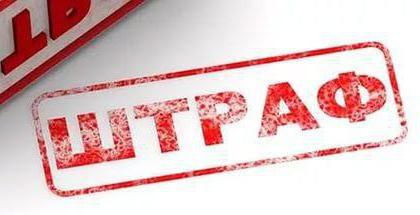
You may encounter the following types of liability:
- tax;
- administrative
- criminal.
At the same time, citizens and organizations can be brought to several types of responsibility at once. For example, to tax and criminal.
Who is attracted
Concealment of tax revenues - a common violation that occurs in the Russian Federation every year more and more. Who can be held accountable for such an act?
For example, this includes:
- individuals;
- entrepreneurs;
- organization.
In fact, any taxpayer who conceals his income should be punished. Often you have to deal with tax liability. But if you abuse the concealment of profits, face criminal penalties.
Declarations
As we have already said, failure to submit tax reports within the time limits set by the state can be regarded as concealment of income. What punishment to prepare for?
As a rule, tax liability is expressed in fines. How much will you have to pay to the state treasury? The minimum payment is 1000 rubles, and the maximum is 30% of the amount of unpaid taxes.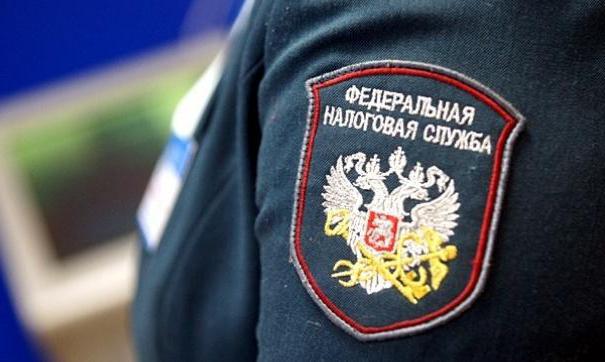
At the same time, Article 119 of the Tax Code of the Russian Federation states that citizens and organizations pay 5% of hidden amounts for failure to submit a declaration. This is a penalty for concealing income. Punishment daily increases the final payout. The longer a person does not submit a declaration of income, the more he will have to pay in the end.
When reducing the base involuntarily
But that is not all. The thing is that sometimes concealing the amount of income is interpreted as reducing the existing tax base in order to underestimate the final payments. Quite often this happens due to errors in the calculations.
In such circumstances, serious punishment can not be expected. The fact is that the sanctions will include a fine of 20 percent of the tax that has not been paid.
Intentional reduction
But what if there was a deliberate concealment of income? Article 122 of the Tax Code indicates that in this case it will be necessary to face more serious sanctions.
They are also expressed in fines. But from now on, it is necessary to pay 40% of the debt. Accordingly, such liability is imposed if it is proved that the crime was committed intentionally.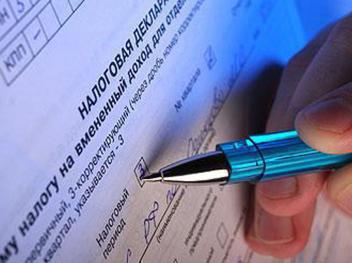
Attraction Features
A few words about who can be punished for the violations mentioned. As we have already found out, any taxpayer can be held accountable.
If we are talking about hiding profits by individuals, then they will be in demand. In the case of individual entrepreneurs, individual entrepreneurs are held accountable.
What to do with organizations? When a company conceals revenues, then any person representing the company can be held liable. More precisely, having the appropriate authority.
In order for a citizen to be prosecuted, it is not necessary to come of age. It is enough to step over 16 years. In case of administrative violations, a child at the age of 16 may be punished for concealing income if he conducted entrepreneurial activity and was recognized as fully capable.
Administrative penalties
Only officials are held administratively liable for concealing profits. Usually a violation in such an area is interpreted as untimely submission of a declaration to the Federal Tax Service. What to fear? An administrative penalty is imposed here. Its size ranges from 300 to 500 rubles. And nothing more.
Criminal liability
Concealment of income sometimes entails criminal liability. Unlike tax, punishments for organizations and individual entrepreneurs, as well as for individuals, are clearly shared here.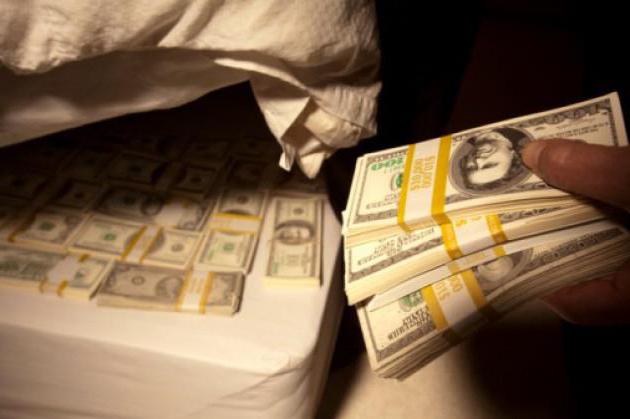
Let's start with the latter. If a citizen hid his income, he will have to pay a fine. The amount classified as "large" provides for payments up to 300 thousand rubles.
If the violation is committed on an especially large scale, much more will need to be paid. The fine increases almost 2 times - up to 500 thousand rubles.
Organizations and the Criminal Code of the Russian Federation
Organizations are more punished for committing the crime under consideration. What to prepare for in a particular case The size of payments remains the same as for individuals. Only additionally can legal entities be prohibited from conducting this or that activity and holding specific positions.
Deprivation of liberty
It is hard to believe, but the concealment of income under the Criminal Code is sometimes punished not with payments, but with imprisonment. This measure is provided for both ordinary people and organizations.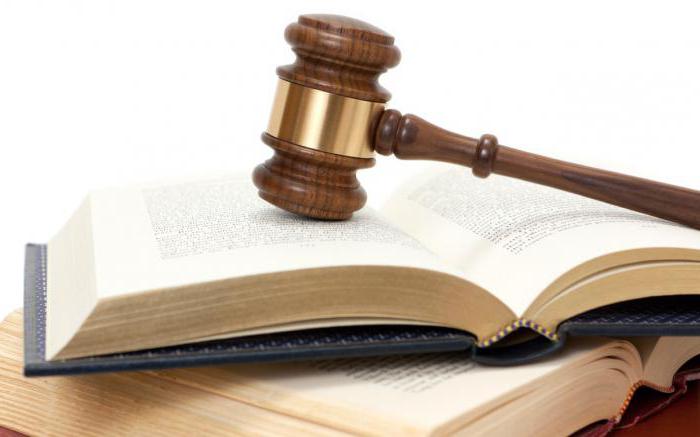
Individuals can be imprisoned for 12 months while hiding profits on a large scale. If the incident occurred on an especially large scale, they can “plant” for a maximum of 3 years.
What to do with organizations? In the first case, imprisonment is up to two years, in the second - up to three at most. As we have already said, it’s impossible to say exactly what measures to prepare for.
Prescription
It is far from always possible to hold a taxpayer accountable. Today in Russia there are 2 types of the so-called limitation of the claim type. Namely: prosecution and recovery of fines.
The limitation period for prosecution is 36 months. The countdown starts from the moment the crime is committed. That is why sometimes a citizen or organization cannot be punished by law for committed acts.
The collection of the fine has a similar limitation. For old unpaid taxes, both citizens and organizations will not be held liable. Some violations remain undetected.
In some cases, the FTS addresses the court to hold taxpayers accountable. If the decision was not executed within 3 years from the date of its issuance, then the punishment simply burns out. So far, it is precisely such restrictions that apply in Russia.
Circumstances and their impact
Concealment of income is a controversial topic. Some circumstances may affect the scope of liability. How exactly?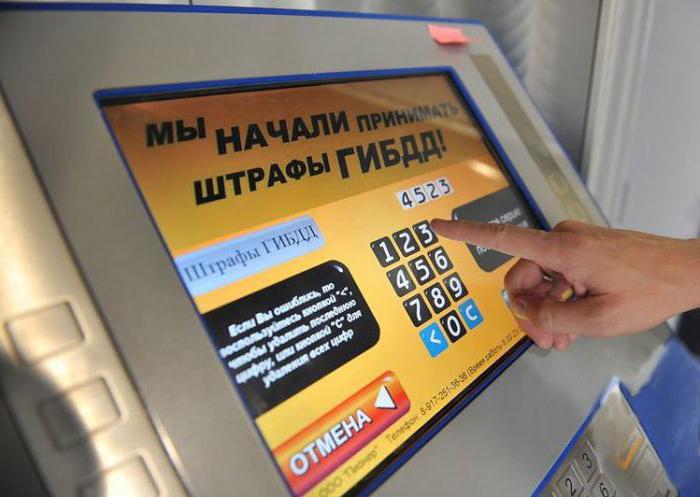
For example, if this act was committed due to life circumstances, as well as under threats, under duress or under pressure, then the fine will be reduced by 2 times. Usually, it implies the commission of actions that led to the concealment of profit. And the one who influenced (threatened, forced) will be punished in full. No exceptions!
The fault of the offender is excluded if he is faced with the following circumstances:
- disaster;
- taxpayer disease;
- the person followed the instructions of the tax or other competent authorities, which led to the concealment of profits.
Is there at least one of these circumstances? Then the citizen may not be afraid of responsibility. They can’t attract her.